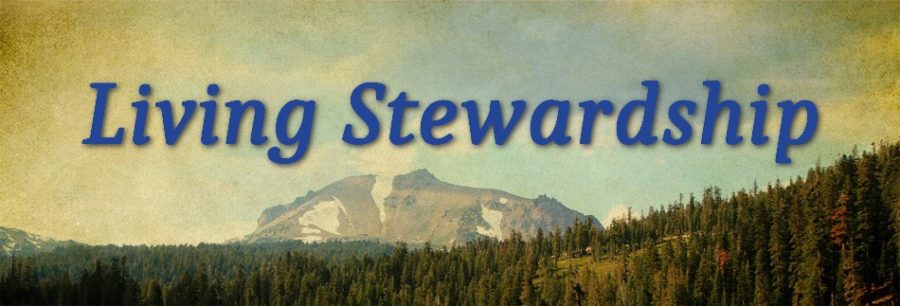First of all, Stewardship includes everything that we do to serve the will of God, using all of the resources that God has entrusted to our care. We are not the permanent owners of any of the resources that God has allowed us to receive, we are merely the caretakers of those things. This includes our faith, passions, knowledge, abilities, skills, interests, time, relationships, wealth, property, and everything else that we have any degree of control over. Stewardship is about how we use these resources to love God and our neighbors, and this should include every aspect of our lives. And that is both our duty, and our delight. Stewardship is our response to God, who has revealed his plan of Grace to us. The highest form of Stewardship is Worship, which is the adoration of God. You may have thought that Stewardship was just about money. The truth is that Stewardship is about money, but it is not only about money. In future “Stewardship Notes”, we will have more to say about the theology and practices of Stewardship.
This month, we would like to emphasize that we are Stewards of God’s Creation. From the beginning of the Book of Genesis, we learned when God created humanity, He created us to have dominion over other animals (Genesis 1:26 & 28), which did not mean that humans were given unlimited power to exploit nature but, instead, humans were intended to serve as God’s representatives in the created order. When God finished creating the heavens and the earth, God looked at everything that He had made and He declared it to be very good (Genesis 1:31a) and then, “The LORD God took the man and put him in the Garden of Eden to till it and keep it.” (Genesis 2:15 NRSV) This means that, as humans, we are responsible to serve and protect God’s Creation. That original calling still applies to humanity today. All living things are completely dependent on the water, air, food, minerals, and other gifts that come to us from the earth. These gifts must be cherished, and not treated with abuse or negligence. We cannot love God or our neighbor without caring for Creation. How can we do that? First, recognize that each of us is a part of nature, and is not separate from it. Martin Luther said that “God is wholly present in all creation, in every corner, behind you and before you.” Listen carefully for the hymn of all creation. Pay attention to our natural environment, and pray that the Holy Spirit will guide you in your prayers and daily decisions, so that each of us will be agents in the restoration of right relationships of all things. Make lifestyle changes which reflect our concern and care for God’s Creation. Live simply. Conserve energy resources. Recycle. Be mindful of your resource consumption and associated pollution. Strive for environmental redemption. Practice your responsibilities. Be a steward.
